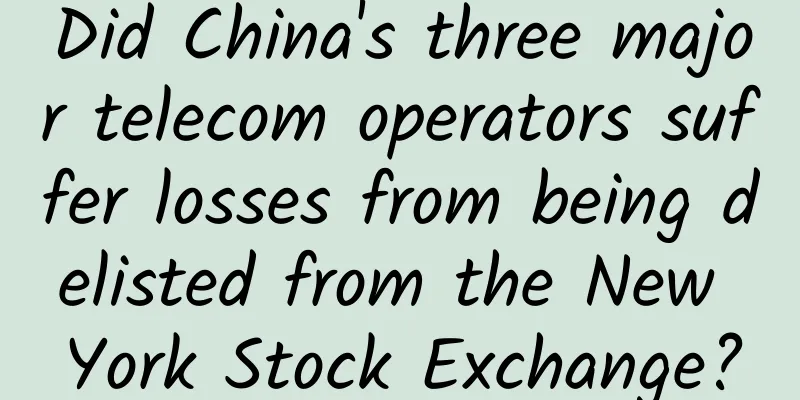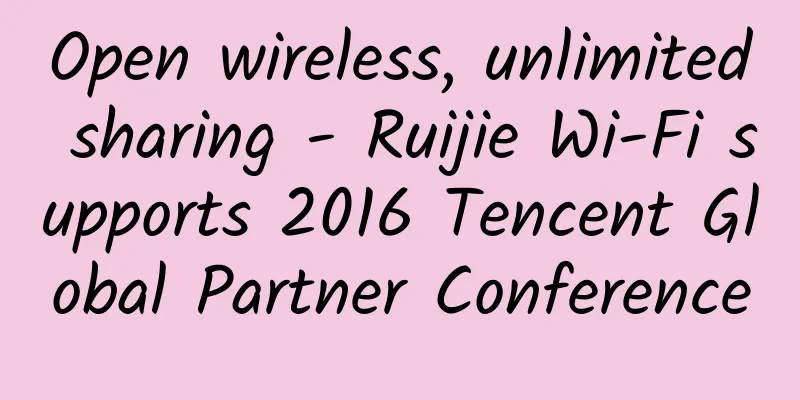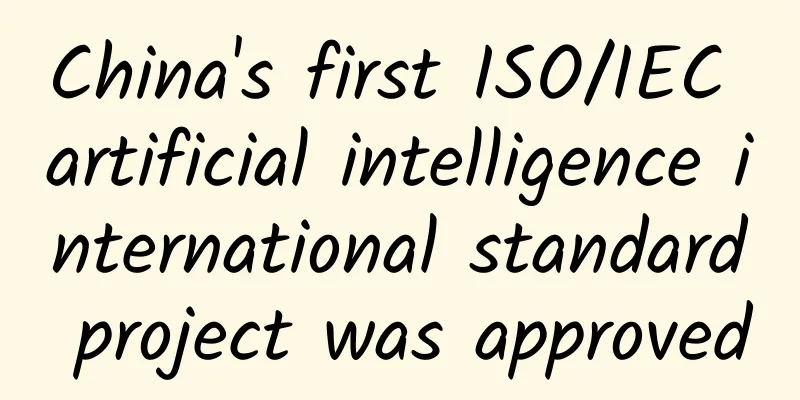Did China's three major telecom operators suffer losses from being delisted from the New York Stock Exchange?

|
As spectators, we naturally think that the Americans are not honest and are using shady tactics to compete with us openly or covertly. But what we are more concerned about is whether the three major operators will suffer losses if they delist from the New York Stock Exchange.
first, In the US market, stock delisting is a very normal phenomenon. It should be noted that delisting in the US stock market does not mean bankruptcy, nor does it mean that the stock is completely withdrawn from circulation. For the stock market, whether a sound listing and delisting mechanism is established is one of the important indicators to judge whether the market is mature. A sound delisting mechanism helps to ensure the overall quality of listed companies and give full play to the function of survival of the fittest in the stock market. Therefore, delisting can be roughly divided into two types. One is voluntary delisting due to being acquired by other companies or the company itself proposing privatization; the other is forced delisting by the stock market management agency due to poor performance or other reasons. A well-known case is Dell, one of the largest companies that was privatized and delisted from the US stock market. On February 5, 2013, Dell, the third largest PC company in the world, officially announced that it would be privatized for $22.4 billion. The company's CEO and founder Michael Dell and private equity investment firm Silver Lake acquired the company at $13.65 per share, with a total transaction value of $24.4 billion. Privatization acquisitions are usually made at a premium, with the acquisition price usually being around 10% higher than the stock market price. Therefore, acquisition and privatization are good things for shareholders. A case of forced delisting, Luckin Coffee. On the evening of May 19, 2020, according to the documents submitted by Luckin Coffee to the U.S. Securities and Exchange Commission (SEC), the company received a written notice from the Listing Qualifications Staff of the U.S. Securities and Exchange Commission (SEC) on May 15 that the Nasdaq Stock Exchange decided to delist the company. Luckin has published the notice on its official website. According to the disclosed documents, the SEC Listing Qualifications Committee made the delisting decision based on two reasons: According to Section 5101 of the Nasdaq Stock Exchange Listing Rules, the false trading practices disclosed by Luckin Coffee on April 2 raised concerns about the public interest; According to Section 5250 of the Nasdaq Stock Exchange Listing Rules, Luckin Coffee failed to disclose effective information publicly in the past and engaged in false transactions through its previous business model. In this situation, stock investors must be very hurt. Back to the delisting of the three major operators from the New York Stock Exchange, The New York Stock Exchange's request for these Chinese companies to delist has a greater symbolic significance. Political factors should be greater than economic factors. But if they really delist from the New York Stock Exchange, will the three major operators lose money? In fact, the three major operators will not suffer any losses. First, the three operators, China Mobile, China Telecom and China Unicom, are listed on both the Hong Kong Stock Exchange and the New York Stock Exchange. Although they are not listed on the New York Stock Exchange, they can continue to be listed on the Hong Kong Stock Exchange, so they will not lack financing channels. Second, the number of shares listed in the United States is very small (China Mobile has only 2%, China Unicom has 1%, and China Telecom has only 0.57%), which is a drop in the bucket compared to the total share capital of the three companies. Third, they do not need to pay real money to withdraw their shares from the issued shares. After all, this is not a listed company actively requesting delisting, or delisting due to poor performance or illegal penalties. In practice, investors only need to convert their US stocks (actually ADRs) into Hong Kong stocks. |
<<: Farewell to the NYSE! The NYSE maintains the delisting decision of the three major operators
>>: Ericsson and Samsung settle patent dispute
Recommend
What is the relationship between API, ESB, ServiceMesh, and microservices?
Introduction I mentioned before that I would like...
Tencent interview: On a 32-bit 4GB system, accessing 2GB of data, what will happen to the virtual memory?
Hello everyone, I am Xiaolin. Today a reader sent...
Zhang Pingan, President of Huawei Consumer BG Cloud Service: Fertile Soil, Shining Stars, Win-win Digitalization
On June 22, DigiX2018 Huawei Terminal Global Part...
How to comprehensively and objectively evaluate the quality of 5G networks? This is the correct approach
As 5G commercialization continues to advance, the...
TCP: Three-way handshake and four-way wave, no blind spot answer in the interview
picture What is TCP Before understanding the thre...
Three-layer network model of Internet products
If you ask what is the biggest feature of Interne...
How to connect Pod in K8S cluster with local network for debugging
[[404039]] Preface As we all know, when there is ...
Tencent Cloud Flash Sale: 1C2G5M=488 yuan/3 years, 1C1G3M=268 yuan/3 years, available in Shanghai/Beijing/Guangzhou/Chengdu
Tencent Cloud's long-term flash sales activit...
Development is accelerating again, and 5G plans and goals for major provinces and cities in my country are released!
[[421464]] As an important carrier for the develo...
BuyVM Las Vegas VPS simple test
BuyVM has been shared many times in the blog. It ...
edgeNAT is now available on Los Angeles Unicom CUVIP line host, with a 60% discount and monthly payment starting at 30 yuan
Recently, there are quite a lot of merchants who ...
5G and IoT: Compatible with each other
5G is here! It’s hard to ignore the hype surround...
Why do you need to consider whether IPv6 is supported when adopting SD-WAN?
The Internet of Things (IoT) has fundamentally ch...
5G is coming. How long can 4G hold out? Will WiFi still have the last laugh?
The mobile phones in Carmen, Mong Kok seem to hav...
Ten IT jobs that will be eliminated by AI
Will AI replace or empower us? This is a question...









